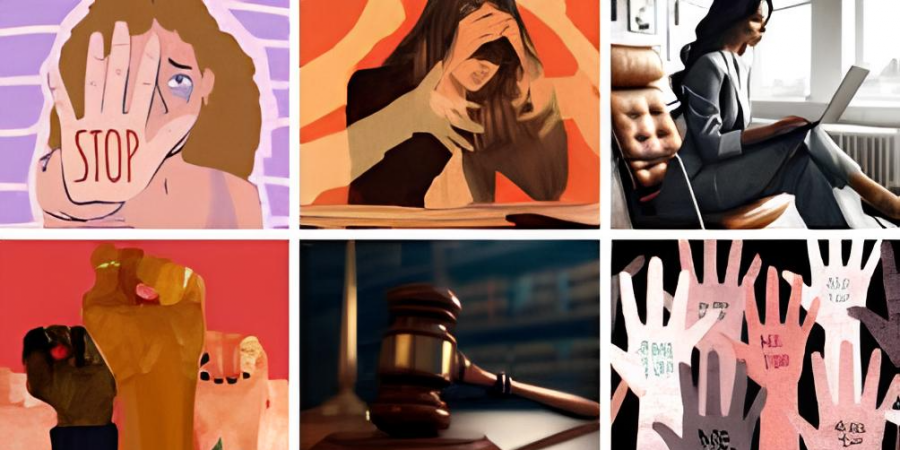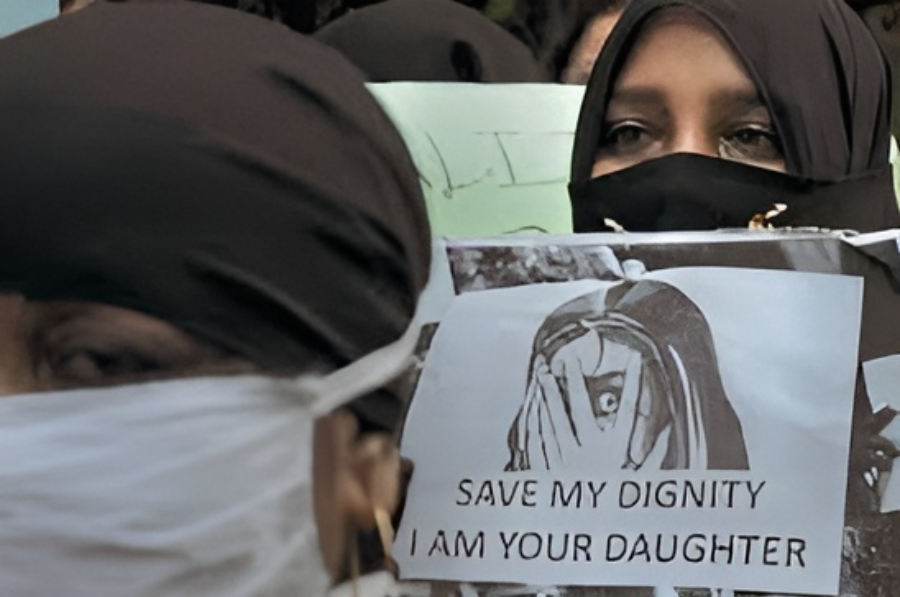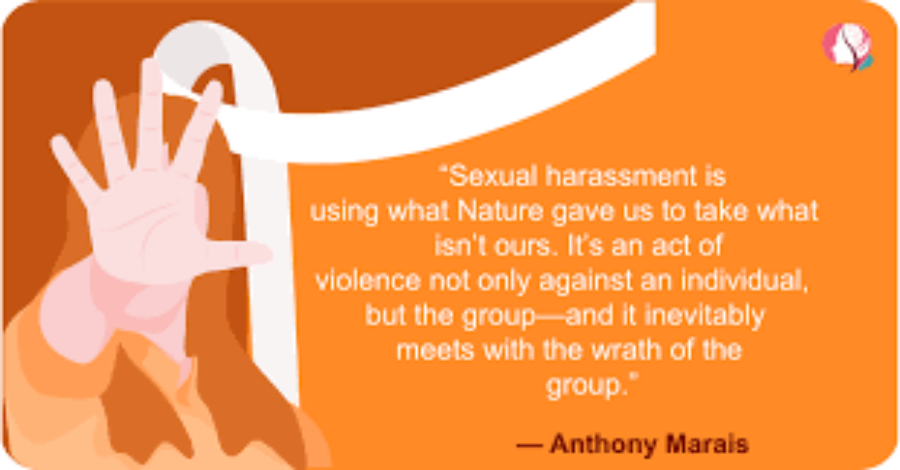

Rape is not just a terrible crime but a heinous human rights violation that rips apart the soul and inflicts several scars on the soul of an individual and society as a whole. Statistics regarding the problem in India are overwhelming, putting forward the requirement for immediate measures against the same. It is a silent epidemic that befall millions of people. Breaking this silence, challenging societal norms, and making a world that supports and empowers survivors is what is necessary to fight this atrocity stigmatized and shamed for too long.
Bitter Truth about Rape in India
The act of rape has become so frequent in India. According to the NCRB, in 2021, there were 31,677 cases of rape, working out to 86 per day. It was 28,046 in 2020 and 32,033 in 2019, and shockingly, of these rapes, 89% were committed by known persons, going on to prove that rape is more of a trust betrayal, not act of strangers.
The statistics of one rape every 16 minutes in India underscore with clarity the need for change in society and its laws. As far as Indian states are concerned, Rajasthan has enrolled the most significant number of rape cases, and Madhya Pradesh and Uttar Pradesh closely follow. Among metropolitan areas too, the national capital, Delhi, stays on top of the list for the highest number of cases of rape, with 1,226 reported in 2021 alone.
The Psychological Toll
The effects of rape can be extensive and multi-dimensional to the victim/survivor. They would vary from person to person and could include the following psychological impacts:
Post-Traumatic Stress Disorder: Most rape survivors undergo the stage of flashbacks and nightmares, which increase the level of anxiety.
Depression and Isolation: Shame and guilt are most likely to get one to withdraw from friends and relatives that are likely to go and deteriorate her mind.
Distrust: Survivors are most likely to mistrust issues when getting into other relationships since it becomes hard to deal with the betrayal that has been committed on them.
These psychological effects may last for years after the act, hampering every sphere of the life of a survivor. Healing is personal, and each survivor's experience is never the same.
Role of Society: Challenging Rape Culture
The definition here is 'rape culture': deep normativization and trivialization of sexual violence through media representation, victim-blaming narratives, and the absence of accountability for the assailants. To approach this culture, we need to educate about what really is consent, respect, and healthy relationships from an early age and embedded in the curriculum of schools. Teaching young people about respect for others' boundaries will go a long way to prevent future assaults.
Speak Out: Challenge harmful stereotypes and language. Every time we hear a joke or comment about sexual violence, we have to speak up. Our silence is fuel for the problem.
Support Survivors: Create an atmosphere where survivors can freely share their stories and where it is known that they will not be judged. This includes creating supportive communities and sharing resources that will help them heal from their experiences.
Help Survivors: What to Do
One's response can really make a difference in the healing process when a survivor opens up to them. Here are a few concrete ways to really be there for someone:

1. Listen Without Judgment
Provide a Safe Place: Allow him/her to talk about their feelings and experiences when they are ready.
Show Empathy: Let them know that it hurts and their feelings are valid; there is no need to belittle their experience or give them unwanted advice.
2. Motivate Seeking Professional Help
Recommend Counselling: Encourage them to seek a certified counselor in mental health with a focus on trauma and sexual violence. This will be catered to offering them a safe space, and a platform in which they will process their feelings and examine their experiences
3. Resources
Give Information: Enlighten them on the local agencies, hotlines in addition to other counseling resources. This should be done to prove a point that they are not the only ones and at all the time help to them is just a call away.
4. Respect Their Decisions
Empower Them: Pertain to the fact that the victim may be in no position to report the assault or might not feel ready. While they try to do this on their initiative, respect its practice and their follow-up decision.
5. Advocate for Change
Get Involved: Join or support organizations that contribute to the prevention of sexual violence and advocate for the rights of survivors. This way, your voice will have joined thousands of others in making the societal change.
A Collective Responsibility
Ending the rape epidemic is a task that befalls all of us. It doesn't rest on survivors coming out. It rests on our taking action. Here are some of them
Reform: Individuals have to protest changing a still to a much stricter policy have to empower not just the victims but also arrest the culprits. The areas of concern are marital rape, consent laws, and how the police deal with the sexual assault cases.
Community Engagement: Involve the entire city in conversations about consent, respect, and the imperative of supporting survivors of sexual assault. Also included should be provision of safe spaces where such conversations and learning can be done.
Empowerment Initiatives: Support initiatives that work on the empowerment of individuals, particularly women and those from the most vulnerable sections of society, to be able to voice their rights and reach out for help whenever in need.

Conclusion: A Call to Action:
Rape is a criminal act that only flourishes in the midst of darkness and stigma. If only we will break the silence, challenge norms existing in society, and be there to support the survivor, the world would be one where sexual violence is not condoned. These statistics, indeed, are a call for action: Only 27 to 28% of reported cases get convicted, so it is time to reform the system of justice to guarantee accountability of perpetrators and to save the innocent.
It's time to link arms, raise voices, and change our future toward a world where everyone is safe, respected, and empowered. Together, we can shatter the structures that have sustained rape and pave the way to a far brighter and more just future.


